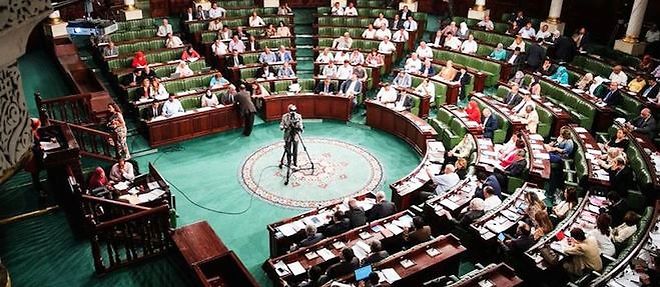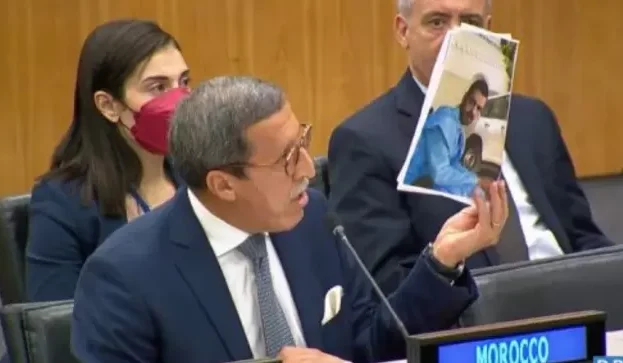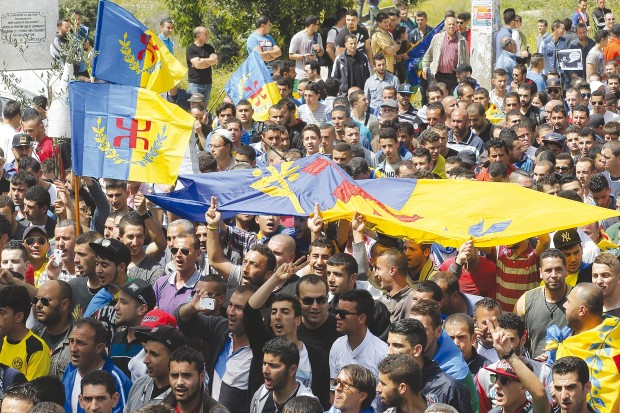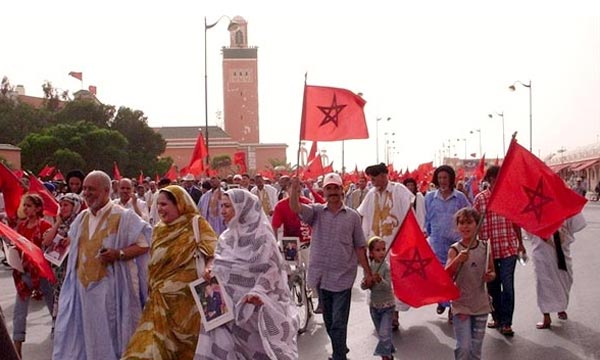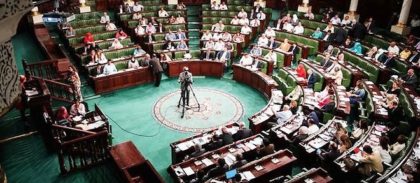 Plummeting oil prices and dwindling revenues prompted the Algerian government to adopt austerity measures including tax hikes and subsidies cuts leading to protests, notably in the restive south and northeast of the country.
Plummeting oil prices and dwindling revenues prompted the Algerian government to adopt austerity measures including tax hikes and subsidies cuts leading to protests, notably in the restive south and northeast of the country.
Algeria, which has nurtured a system based on generous handouts to the population taking the form of subsidies to fuel, electricity, housing and foodstuff, is no longer able to maintain the same public spending pace as its budget deficit grows wider since the fall in oil prices from about 119 dollars a barrel to a mere 50 to 40 dollars a barrel.
After riots in the oil and gas rich southern town of Ain Saleh over economic marginalization and inadequate public investments in 2015, Algeria ushered 2017 with violent riots over the latest tax hikes in the historically rebellious region of Kabylie, notably in the large coastal city of Bejaia.
The violence highlights the risks for Algerian authorities from altering its subsidy system in a country where social peace hinges on the distribution of oil rent through subsidizing key commodities.
Like other oil rich countries in Africa and the Middle East, Algeria’s political and economic model relies heavily on a high level of state spending to maintain social peace. In April 2016, Abdelatif Benachenhou, an ex-finance minister and former close advisor to President Abdelaziz Bouteflika, told Reuters he estimated that Algeria allocated around 22% of the country’s gross domestic product (GDP) to its system of social welfare and subsidies. This system, Benachenhou believed, was unsustainable even in times of higher state revenues, due to steady increases in the prices and volumes of materials consumed.
In light of the unsustainability of its public spending and the plummeting revenues from oil prices coupled with an increasing domestic consumption of hydrocarbons, the prospects seem gloomy for Algeria.
The political instability and the uncertainty surrounding the successor to the ailing president Bouteflika also contribute to undermining the flow of foreign direct investments which Algeria needs to diversify its economy. The unattractive business climate and investment unfriendly policy along with an underdeveloped banking system thwart foreign direct investment in the country.
The “new economic growth model” developed by Algerian authorities to diversify the economy and draw more investments to compensate for the collapse in oil prices is obstructed by poor governance, insecurity, vested interests and regime opacity.
A recently published study by the Center on Global Energy Policy compares Algeria’s current crisis to the catastrophic events of the late 1980s which plunged the country into a spiral of a decade of violence. The collapse in oil prices comes at a time the security conditions in Algeria and its neighborhood are degenerating casting doubt on the North African country’s ability to weather the resulting economic, political and security shocks.
The study also warns that the deterioration of the Algerian economy, which might affect the security situation in the Maghreb, the Sahel and the Western Mediterranean, is gaining weight over narrow energy security issues.
The instability in Algeria actually raised concern in the North African and western Mediterranean regions. “Europe should draw lessons from the tragedy in Aleppo. It should prepare for a new crisis emerging in its immediate neighborhood: Algeria with its 40 million people is waiting for the clinical death of President Bouteflika, who has been unable to rule for years,” said Pierre Defraigne, Honorary Director General at the European Commission and Executive Director of the Madariaga at the College of Europe.
Algeria’s 2017 appropriation is calculated on an oil price of 50 dollars per barrel, while the IMF estimates that Algeria needs a barrel price of $110 to maintain macro-economic balance at a moment economic analysts warn of an upcoming budget crisis if oil prices remain at the current levels of around $50 per barrel.
All analyses predict gloomy days for Algerian economy and social peace because of Algeria’s heavy dependence on hydrocarbon revenues. The North African country started resorting to foreign debt with a recent €900-million loan from the African Development Bank, but will this be enough to address the huge needs and fill the coffers?
